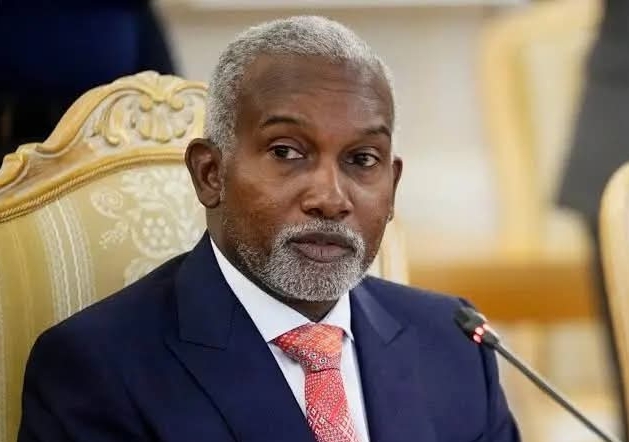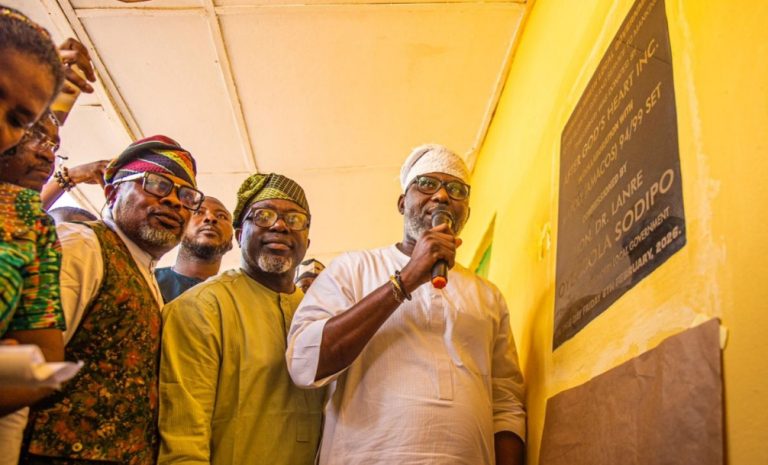As Nigerians settle down in 2022, there are three important bills which have either been passed or are still in the National Assembly that will define Nigeria’s socio-economic and political outlook for 2022.
The first is the 2022 Appropriation Bill, which will guide government spending in 2022. The budget estimate for the 2022 Appropriation Bill, over N17 trillion, is the highest proposed by any Nigerian government.
Although implementation is vital, it underscores the government’s willingness to revive the economy and advance its drive-in critical infrastructure programs, especially in key sectors.
President Buhari had signed the 2021 Appropriation Bill into law on January 1, 2022, while its life cycle is to expire on December 31, 2022, but for the recent extension of the lifespan of its capital component by three months by the National Assembly.
The second is the Finance Bill, which will usher in a new era of tax governance and improve government revenue. On December 7, President Buhari sent the Finance Bill 2021 to the National Assembly for consideration.
In a nutshell, the Finance Bill 2021 proposes amendments to some tax and fiscal laws to promote economic growth, attract foreign investment, and increase revenue.
The bill seeks to remove multiple taxations in various segments of the Nigerian economy. Therefore, it will encourage the growth of the economy, especially through SMEs. It will also provide incentives for investors to invest in the Nigerian market and stimulate investment opportunities.
The Senate passed the 2021 Finance Bill following the consideration of a report by the Joint Committee on Finance; Customs, Excise and Tariff; Trade and Investment.
Laws to be amended by the Finance Bill included: Capital Gains Tax Act (CGTA), Companies Income Tax Act (CITA), Federal Inland Revenue Service (Establishment) Act [FIRSEA], Personal Income Tax Act (PITA), Stamp Duties Act (SDA), Tertiary Education Trust Fund (Establishment) Act [TETFEA] and Value Added Tax Act (VATA), the Insurance Act, Nigerian Police Trust Fund (Establishment) Act [NPTFEA], National Agency for Science and Engineering Infrastructure Act (NASENI Act), Finance (Control and Management) Act [FCMA], and Fiscal Responsibility Act (FRA).
Finally is the Electoral Amendment Bill which seeks to introduce further reforms in the electoral system, enhancing INEC’s powers and making elections more transparent.
Although the President has refused to approve the bill following a disagreement with the proposed direct primary system for political parties and has returned it for further review, there are lots of controversies surrounding the bill, especially the direct primaries clause which involved political parties.
https://any.peopleandpowermag.com/bills-thatll-define-nigerias-socio-economic-political-outlook-in-2022/




